
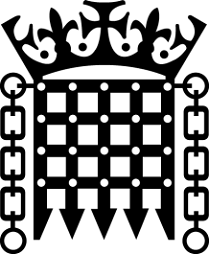
The main work of the UK Parliament is to make laws, debate topical issues and look at how our taxes are spent to help run the United Kingdom. This is done by by electing Members of Parliament (MPs) to represent citizens’ views in the House of Commons. This part of Parliament has the greatest political power. The second part of Parliament is the House of Lords, whose unelected members complement the work of the House of Commons. The third and final part of Parliament is the Monarch who signs the laws that Parliament votes for.

The UK Ministry of Justice website contains resources for legal professionals.
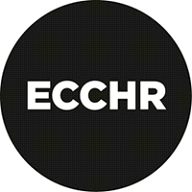
The European Centre for Constitutional and Human Rights (ECCHR) is an independent, non-profit legal and educational organization dedicated to protecting civil and human rights worldwide. It was founded in 2007 by a small group of renowned human rights lawyers, in order to protect and enforce the rights guaranteed by the Universal Declaration of Human Rights, as well as other declarations of human rights and national constitutions, by juridical means. ECCHR engages in innovative strategic litigation, using European, international, and national law to enforce human rights and to hold state and non-state actors accountable for egregious abuses.
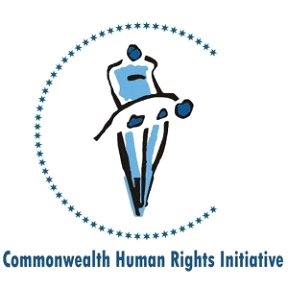
Commonwealth Human Rights Initiative (CHRI) is an independent, non-partisan, international non-governmental organisation, mandated to ensure the practical realisation of human rights in the countries of the Commonwealth. In 1987, several Commonwealth associations founded CHRI because they felt that while the member countries had both a common set of values and legal principles from which to work and a forum within which to promote human rights, there was relatively little focus on human rights issues. CHRI's objectives are to promote awareness of and adherence to the Harare Commonwealth Declaration, the Universal Declaration of Human Rights, and other internationally recognised human rights instruments, as well as domestic instruments supporting human rights in Commonwealth member states.
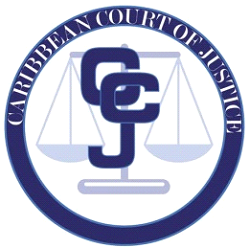
The Caribbean Court of Justice (CCJ) is the Caribbean regional judicial tribunal established on 14 February 2001 by the Agreement Establishing the Caribbean Court of Justice. The mission of the CCJ is to protect and promote the rule of law as a court of final appeal and as guardian of the Revised Treaty of Chaguaramas by guaranteeing accessibility, fairness, efficiency and transparency, delivering clear and just decisions in a timely manner.
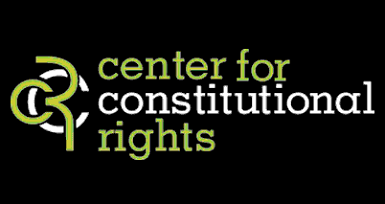
The Centre for Constitutional Rights (CCR) is dedicated to advancing and protecting the rights guaranteed by the U.S. Constitution and the Universal Declaration of Human Rights. Founded in 1966 by attorneys who represented civil rights movements in the South, CCR is a non-profit legal and educational organisation committed to the creative use of law as a positive force for social change.
CCR employs litigation, education, and advocacy to advance the law in a positive direction, to empower poor communities and communities of colour, to guarantee the rights of those with the fewest protections and least access to legal resources, to train the next generation of constitutional and human rights attorneys, and to strengthen the broader movement for social justice.

ConstitutionNet is an International IDEA (an IGO headquartered in Sweden) project developed and maintained with generous support from the Government of Norway. ConstitutionNet is a project created to support legislators, constitutional lawyer and other constitutional practioners in finding useful and relevant information, sharing knowledge and building a community of best practices.